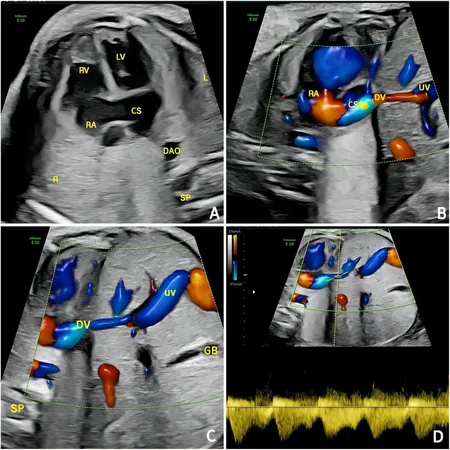
Shocking Study Reveals Newborn Antibiotic Use Can Weaken Vaccine Effectiveness!
2025-04-02
Author: Li
Groundbreaking Study from Australia
A groundbreaking study from Australia has startling implications for newborns treated with antibiotics, revealing that their immune responses to vaccines later in life may be significantly weakened. This research, published in the prestigious journal *Nature*, highlights the critical role of the gut microbiome in the vaccination process for infants.
Study Findings
The study tracked 191 healthy babies from birth, discovering that those who received antibiotics within the first few weeks had notably lower antibody levels against several vaccines by the time they reached seven and 15 months of age. Out of these infants, 111 were exposed to antibiotics early on—either through direct treatment or indirectly through their mothers' use of antibiotics during labor or in the weeks following birth.
Impact on Gut Health
Researchers found that those who received direct antibiotic treatment showed a concerning decrease in a beneficial gut bacteria group known as Bifidobacterium, essential during breastfeeding. These bacteria help babies metabolize human milk oligosaccharides, thereby 'priming' their immune systems for a robust response to vaccinations.
Expert Insights
Prof. David Lynn, a leading researcher at the South Australian Health and Medical Research Institute, pointed out that the gut microbiome's composition during vaccination can significantly influence antibody responses. As antibiotics can disrupt the normal establishment of Bifidobacterium, this alteration may hinder the baby’s immune capacity.
Germ-Free Mice Studies
Intriguingly, the study's findings on germ-free mice corroborated this hypothesis, indicating that the presence of Bifidobacterium was critical for developing strong antibody responses. The inclusion of a probiotic with this bacteria improved immune responses, raising the possibility of enhancing vaccine effectiveness in infants exposed to early antibiotics.
Maternal Antibiotic Use
Interestingly, the research did not find diminished vaccine responses in babies whose mothers were given antibiotics during labor, suggesting that direct antibiotic treatment of newborns poses a more significant risk to gut health and immune response.
Clinical Implications
While the findings might seem alarming, Prof. Lynn reassured parents that there is usually a valid clinical reason for administering antibiotics to newborns, especially given the dangers of serious infections during this vulnerable period. He noted that antibiotic-treated infants still achieved “pretty decent responses” to their vaccinations, remaining above protective thresholds for most immunizations by the seven-month mark.
Concerns for the Future
However, what's concerning is that those responses appear to wane at a faster rate among infants treated directly with antibiotics. The authors of the study acknowledged that their findings stem from a relatively modest sample size and did not encompass newborns delivered via Caesarean sections.
Future Research
Excitingly, researchers are gearing up for a clinical trial in the upcoming months to investigate whether administering a Bifidobacterium-containing probiotic could enhance antibody responses in antibiotic-treated newborns during their routine vaccinations. This probiotic is already considered safe and is widely utilized in hospitals to protect premature infants from necrotizing enterocolitis, a serious condition in newborns.
Conclusion
With the potential intertwining of antibiotic use and vaccine efficacy on the horizon, parents and healthcare providers alike are advised to stay informed and ready to adapt strategies for optimal infant health!



 Brasil (PT)
Brasil (PT)
 Canada (EN)
Canada (EN)
 Chile (ES)
Chile (ES)
 Česko (CS)
Česko (CS)
 대한민국 (KO)
대한민국 (KO)
 España (ES)
España (ES)
 France (FR)
France (FR)
 Hong Kong (EN)
Hong Kong (EN)
 Italia (IT)
Italia (IT)
 日本 (JA)
日本 (JA)
 Magyarország (HU)
Magyarország (HU)
 Norge (NO)
Norge (NO)
 Polska (PL)
Polska (PL)
 Schweiz (DE)
Schweiz (DE)
 Singapore (EN)
Singapore (EN)
 Sverige (SV)
Sverige (SV)
 Suomi (FI)
Suomi (FI)
 Türkiye (TR)
Türkiye (TR)
 الإمارات العربية المتحدة (AR)
الإمارات العربية المتحدة (AR)